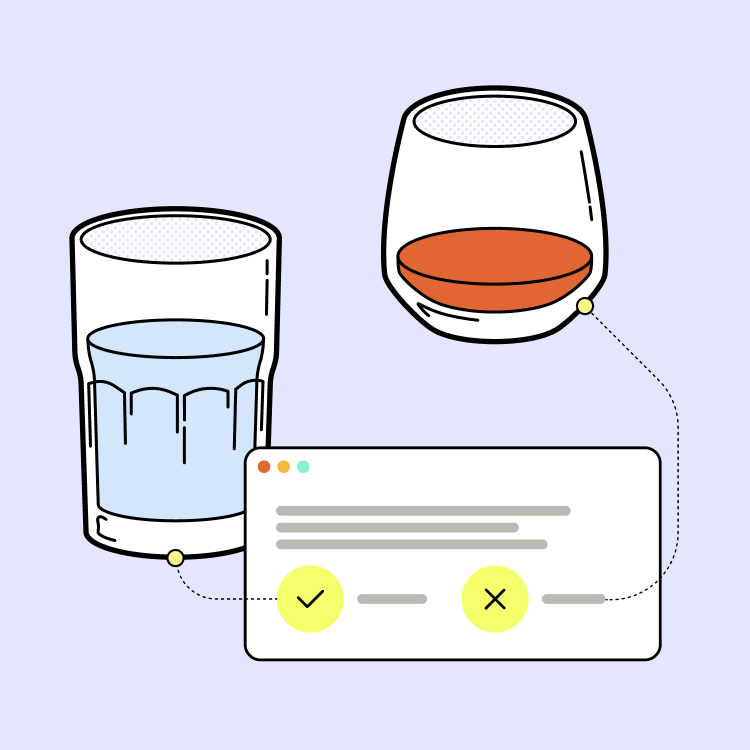Excessive and persistent drinking may be an indication that you should seek advice to reassess your drinking
For some people, problem drinking may be temporary and related to stress or other problems, but it still places them at risk of harming themselves, others and relationships. Seeking professional assistance if you have problems is always the best course of action as many people can learn to successfully manage their drinking by changing their behavior.
But there are others whose drinking is heavier and persistent, and the effects more severe. They may have a constant urge to drink and experience unpleasant physical effects of withdrawal when they stop (1). They may even give up pleasurable activities, withdraw from relationships and neglect other parts of their lives in order to focus on drinking. These symptoms suggest alcohol dependence, also known as Alcohol Use Disorder (AUD). People with severe drinking problems require expert attention and possibly treatment.
Resources are available to help you to understand if your drinking is hazardous and identify the appropriate course of action
If you’re concerned with your own drinking, there are tools that can help you determine how severe your symptoms are and what you can do to change your habits. If your concern is about someone else’s drinking, these resources can support you in assisting them.
As a first step, a simple tool called the AUDIT (Alcohol Use Disorder Identification Test) (2, 3) can help you figure out whether you should be concerned. The AUDIT can also help identify whether you may need professional support so that you can follow up with a qualified specialist – you can take our test here.
For many people, intervention by a professional can help address their motivations for drinking and what changes they can make. Depending on how severe your problem is, an intervention may be able to help you change your behaviour. This approach was developed by the World Health Organization to help people who aren’t dependent and has been proven to be effective at sustaining change (4-6).
AUD is a complex mental health condition with many causes, but also many treatment options
An intervention may not be enough if your problems are more severe (7). AUD is a mental health condition and a form of addiction, often called ‘alcoholism’ (1, 8). People with AUD have a strong urge to drink and experience unpleasant physical effects of withdrawal when they don’t drink. They may give up other pleasurable activities and relationships, and focus on drinking, or may get injured or injure others as a result of their drinking.
The root causes of AUD are complex and different from one person to another:
- Genetics play a role and some families may have a history of AUD (8-10)
- Stress and difficult relationships can increase the risk of developing AUD (8, 11, 12)
- People with AUD often also have mood disorders and other mental health conditions, suggesting a common link (8, 13)
- People who begin to drink heavily at an early age increase the likelihood of problem drinking or AUD later in life (14, 15)
AUD rarely has a single cause and is the result of a combination of different factors. And there are many reasons why some people develop AUD and others don’t. It is important to remember that problem drinking is not a sign of weakness or a moral failing.
Like other forms of addiction and mental health, problem drinking and AUD can be treated. What kind of treatment is best depends on how severe the problem is, its underlying causes and on the individual. For some people, self-help and support groups like Alcoholics Anonymous are the best approach. Others respond better to psychiatric treatment and counselling, or to medication that can help them to stop drinking. Whatever the course of treatment or intervention, if you have AUD or know someone who has it, a supportive environment and network is key to a positive outcome.





